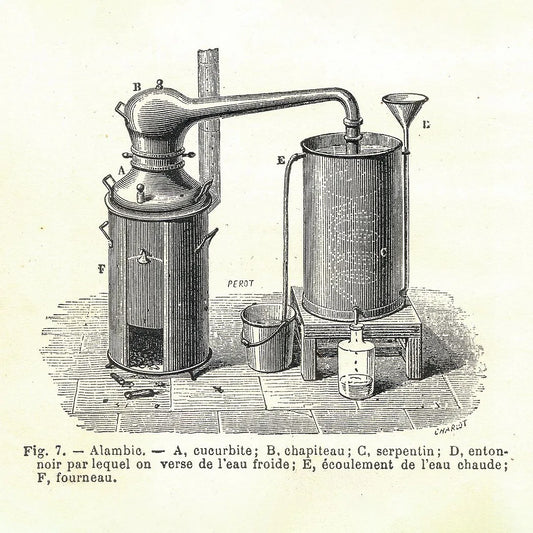MLM companies are known by several names, including referral marketing, network marketing, and pyramid selling companies. In a nutshell, an MLM company’s workforce consists of representatives who work on commission, buy their own samples and supplies, and sell products or services through networking with their potential customers in their own community, without the benefit of a brick-and-mortar store. In most of these companies, the reps are also encouraged to recruit other people to be representatives, with the goal of taking a small amount of commission for their sales. The more people the rep can recruit, the more money they make—or, at least, that’s the goal.
This is not the same as a pyramid scheme, because the MLM actually sells a product or service, and the customer actually receives that product or service. In a pyramid scheme, the product is usually fictitious or involves an investment for a promised reward that never materializes. The representative simply takes the customer’s money and tries to recruit more people to do the same. Pyramid schemes are illegal, while MLM companies are a legitimate way of doing business.
In the essential oil market, MLM reps may set up business in a beauty salon or spa and sell their products to clients of the establishment, offering a convenient way for fans of essential oils to purchase them while enjoying other services. This is all perfectly legal, and enterprising reps may manage to make a respectable income in this manner. Others purchase a booth at festivals or fairs and sell their wares to passers-by. More often, however, these salespeople rely on their friends and families to buy their products, depleting their available circle of contacts fairly rapidly.
People who become representatives of MLM companies are often expected to lay out quite a bit of money up front to buy a sales kit and enough products to sell at house parties and other venues. They may be lured to the MLM with the promise of considerable income—there’s always a rep at the top of the pyramid to tell about their tremendous success—as well as a flexible schedule and the ability to “make your own hours.” These companies often attract women raising children, who need an additional source of income for their families, as well as full-time students, people looking for something other than a full-time job because of family commitments, and others who are already on shaky financial ground. This, however, is how the MLM company makes most of its money, selling more products to reps than they can push to their friends and family. Returns of these sales kits may be forbidden, or the company may be willing to take them back at a fraction of what the rep paid for them. (Situation comedies love to spoof these companies—most recently including Schitt’s Creek and Bob’s Burgers—but the comedy comes from the truth that it can be virtually impossible to make money as a rep for an MLM.)
To be fair, there is nothing wrong with buying essential oils from an MLM company. Be aware, however, that you probably will be subjected to an aggressive sales pitch, and you may have to spend more time than you intended listening to claims about the miraculous curative properties of the oils. MLM companies often offer “starter kits” that lure you into spending much more than you planned, and you may be offered “specials,” pricing with time limits designed to pressure you into a purchase quickly. If all you want is a bottle of lavender oil, you may be better served by skipping the house party where the rep will push you to spend $85 on a kit you don’t need and buying a single bottle for $12 at your local supermarket or drug store.
MLM companies are sometimes the sources of outlandish claims about essential oils’ ability to prevent or even cure diseases. The highest profile of these cases involved Young Living Essential Oils, which in 2014 received a warning letter from the FDA because the company promoted its products in a way that made them drugs under the Federal Food, Drug, and Cosmetic Act:
Your consultants promote many of your Young Living Essential Oil Products for conditions such as, but not limited to, viral infections (including ebola), Parkinson’s disease, autism, diabetes, hypertension, cancer, insomnia, heart disease, post-traumatic stress disorder (PTSD), dementia, and multiple sclerosis, that are not amenable to self-diagnosis and treatment by individuals who are not medical practitioners.
The letter goes on with a long list of quotes from Young Living’s various websites that claim that its Thieves product, a blend of several oils, cures Ebola and a number of other viruses. Many other such statements referenced other oils and their ability to fight and cure specific illnesses.
Young Living scrubbed its website and no longer makes such claims, but many other essential oils companies do—including some claiming that their products are miracle cures for COVID-19. None of these claims have any basis in fact.





